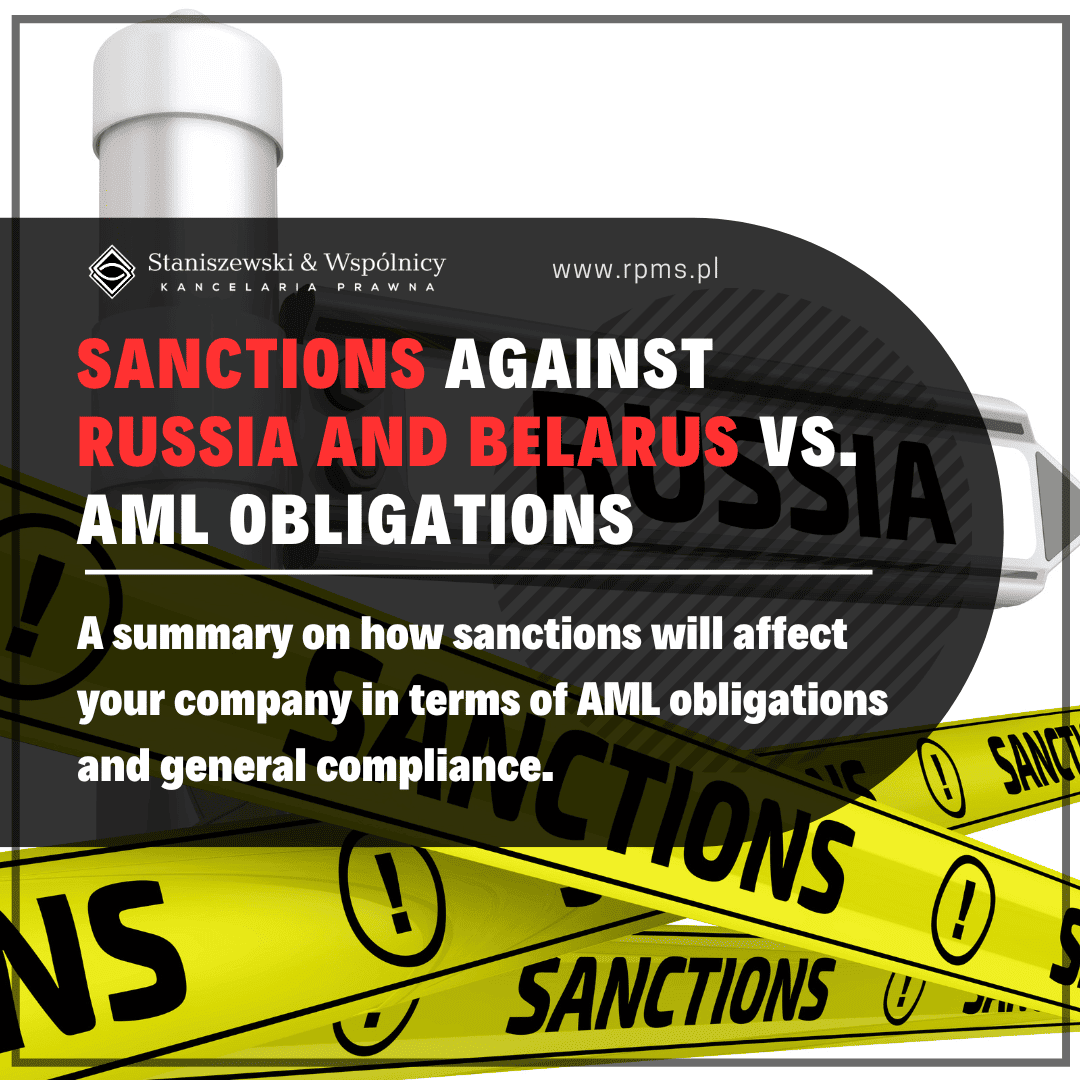Table of contents
While conducting business activities, almost every entrepreneur encounters counterparties who fail to settle their due obligations. The reasons for such situations can vary. Depending on the established relations between entrepreneurs, initiating legal proceedings may be necessary, with the costs of such proceedings potentially being borne by the debtor.
Components of Debt Recovery Costs

Debt collection attempts can take place amicably, such as by sending a pre-judicial payment demand to the debtor or attempting phone contact and negotiations. In principle, this approach does not entail significant costs, although its efficacy may vary.
What if the debtor remains unresponsive to the creditor’s communications and efforts without providing a clear commitment in regards to settling the debt? In such circumstances, pursuing the claim through judicial means might become necessary. This type of debt recovery entails the obligation to pay fees. Typically, these fees are initially covered by the creditor (plaintiff), but in the event of victory, there’s a substantial chance of recovering these amounts from the debtor (charging the debtor with debt recovery costs).
Fees necessary for the process of judicial debt recovery usually encompass:
- Filing Fee – primarily dependent on the value of the dispute subject. The value of the dispute subject (also known as the disputed amount) is the sum claimed by the creditor in the lawsuit. The debt recovery process typically aims to secure a court ruling in favor of the plaintiff for the amount corresponding to the value of the dispute subject and other ancillary claims (e.g., interest or legal costs). The fee amount for cases involving property matters (which is the nature of debt recovery cases) is regulated by the Act on Court Costs in Civil Cases. Correctly calculating and paying the filing fee into the appropriate court account is of utmost importance since an unpaid or inadequately paid filing fee could hinder the case’s progression. The fee structure is as follows for cases:
- up to 500 PLN – 30 PLN;
- over 500 PLN up to 1,500 PLN – 100 PLN;
- over 1,500 PLN up to 4,000 PLN – 200 PLN;
- over 4,000 PLN up to 7,500 PLN – 400 PLN;
- over 7,500 PLN up to 10,000 PLN – 500 PLN;
- over 10,000 PLN up to 15,000 PLN – 750 PLN;
- over 15,000 PLN up to 20,000 PLN – 1,000 PLN;
- over 20,000 PLN – 5% of the dispute subject’s value or the subject of the challenge, but not exceeding 200,000.00 PLN.
- Court Fee for Power of Attorney – applicable if a representative is involved in the case. This applies to professional representatives (such as lawyers) and any representative in the proceedings unless exempted from the fee obligation under specific regulations. The court fee for power of attorney is fixed and amounts to 17 PLN.
- Expert Opinion Costs – in complex cases requiring specialized knowledge, the court may admit evidence in the form of an expert opinion from an expert in the relevant field. Expert opinions generally concern cases of inadequate contract performance or matters related to warranties, whereas they are not usually necessary for cases involving payment for services or goods delivered. The court typically approves expert costs based on the expert’s provided estimate. Payment for the expert opinion occurs in two stages – parties pay an advance first, and after the final opinion is issued, they pay the remaining amount. It’s important to note that both parties share the expert’s costs in the initial stage. However, the losing party is obliged to reimburse the expert’s cost to the winning party.
- Other fees and expenses incurred by parties involved in the proceedings. These might include costs for sworn translation of documents or extracts from registers, which are chargeable. Although the National Court Register (KRS) and the Central Register and Information on Economic Activity (CEIDG) are not chargeable in Poland, in other countries (e.g., England), obtaining an extract from a register involves a fee.
- Enforcement Procedure Costs – primarily encompassing an advance payment for enforcement fees and an advance payment for other activities of the bailiff. Initially, these expenses are borne by the creditor, but after successfully recovering the amount from the debtor, these costs are reimbursed to the creditor.
Debt Recovery Costs – Refund Principles
One might assume that a creditor suffers a double loss in the absence of payment for an invoice. Not only do they miss out on the due payment, but they also incur costs related to the legal proceedings to enforce their rights.
In reality, the creditor initially has to cover the costs of the legal proceedings – paying the filing fee, preparing essential evidence, and, if necessary, arranging for certified translations. They also need to provide compensation for the attorney’s services and pay the associated court fee.
In the event of victory, these costs are refundable to the creditor in accordance with the general principle of bearing costs in civil proceedings derived from Article 98 of the Code of Civil Procedure. The losing party is obligated to reimburse the prevailing party for the necessary costs incurred in pursuing their rights and effective defense. This implies that if the court grants the claim in its entirety, the debtor is obliged to reimburse the entirety of the incurred costs.
What about partial victories? In such cases, the court generally determines the cost-sharing principles proportionally. For instance, if the creditor wins 80% of the case, the court would typically rule that the debtor should reimburse 80% of the process costs. The court can award the creditor the costs in the final judgment or in a separate decision.
Additional Entitlements for Creditors (40, 70, or 100 euros, interest)
Creditors have two other legal instruments at their disposal for the course of judicial debt recovery.
The first is the entitlement to interest on the claimed amount. Notably, interest accrues to the creditor from the day following the payment deadline indicated, for instance, on the invoice. The type of interest varies based on the nature of the claim – civil law provides for several types of interest, each with different rates. In the debt recovery process, it is crucial to consider whether statutory interest or statutory interest for delays in commercial transactions should be pursued.
In cases where the creditor’s claim is connected to a commercial transaction, they can also levy compensation for debt recovery costs according to the Act on Combating Excessive Delays in Commercial Transactions.
According to the aforementioned act, a commercial transaction refers to an agreement whose subject involves the paid delivery of goods or the paid provision of services, where the parties conclude the agreement in connection with their business activity. In such instances, the creditor is entitled to a fixed compensation from the debtor, without prior demand, for the costs of recovering the debt. The compensation is calculated as follows:
- 40 EUR – when the value of the monetary consideration due to the creditor doesn’t exceed 5,000 PLN;
- 70 EUR – when the value of the monetary consideration due to the creditor is higher than 5,000 PLN but lower than 50,000 PLN;
- 100 EUR – when the value of the monetary consideration due to the creditor is equal to or higher than 50,000 PLN.
Importantly, the creditor isn’t required to demonstrate that these costs were incurred for the purpose of recovering the debt from the debtor. No evidence needs to be presented in this regard, nor does the debtor need to be formally notified of this compensation. The creditor essentially needs to incorporate this demand in the lawsuit. The condition for the application of this compensation is that the creditor acquires the right to interest. As a rule, the compensation is converted into Polish zlotys according to the procedures outlined in the act.
In scholarly discourse, it hasn’t been definitively established whether this compensation is applied to a single invoice or to the entire legal relationship. The generally accepted view is that the compensation can be applied to each invoice, representing a distinct legal relationship (e.g., a sales agreement) that has been validly issued by the creditor and remains unpaid within the stipulated period. The application of this principle might require further analysis in specific legal relationships.

Debt Recovery at Debtor’s Expense – Effective Enforcement of Rights

To undertake a successful debt recovery process, it’s imperative to initiate legal actions before the expiration of the claim’s statute of limitations. A professional representative can assist in assessing whether a claim is still within its statute of limitations and can suspend its accrual through certain legal actions. The foundation of judicial debt recovery lies in the filing of a lawsuit that must adhere to formal requirements. A lawsuit with deficiencies might not achieve the desired outcome for the creditor.
How to impose a 40 euro (or larger) compensation on the debtor? Primarily, this claim should be included in the lawsuit. Moreover, as mentioned above, this type of compensation is exclusively applicable to commercial transactions. A commercial transaction wouldn’t include, for instance, an invoice for contractual penalties.
It’s possible that even after obtaining a legally binding judgment affirming the creditor’s position, the debtor might still not make payment. In such circumstances, filing an application to initiate enforcement proceedings with the bailiff might be necessary. The bailiff is empowered with legal tools to execute the collection effectively. Usually, the bailiff will request the applicant to provide advances for planned costs (which may include correspondence costs, description and estimation costs, auction costs, and other bailiff actions).
After successfully recovering the sums, the bailiff typically reimburses the incurred costs to the creditor. In case of unsuccessful enforcement, the bailiff usually annotates the enforcement title (e.g., the judgment) with information about the costs borne by the creditor and the unrecoverable costs. Consequently, if a particular enforcement process doesn’t result in the collection of the advanced amounts, the creditor can attempt to recover these costs in future proceedings. However, the creditor should act swiftly – enforcement isn’t possible during insolvency proceedings. If the creditor doesn’t manage to enforce the debt before insolvency is declared, their chances of recovery significantly decrease.
In the course of judicial debt recovery, the creditor is obligated to bear the costs during the initial phase. These costs, however, shouldn’t raise significant concerns – if successful in the case and in debt recovery, the debtor carries the justified costs, including compensation for debt recovery, interest, and other relevant costs.














